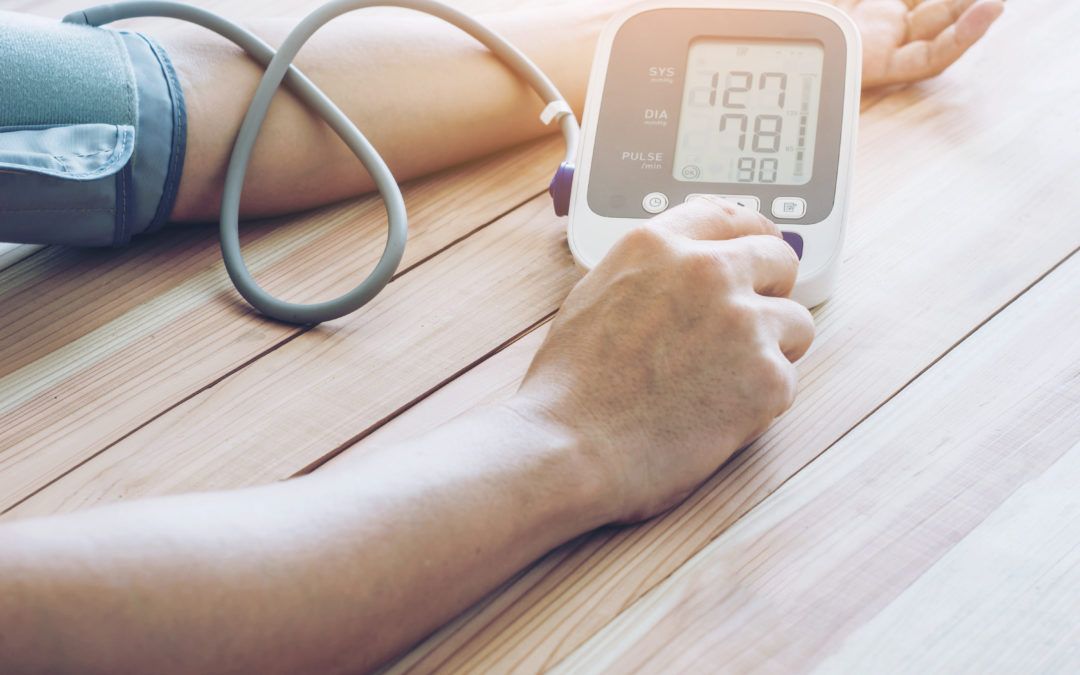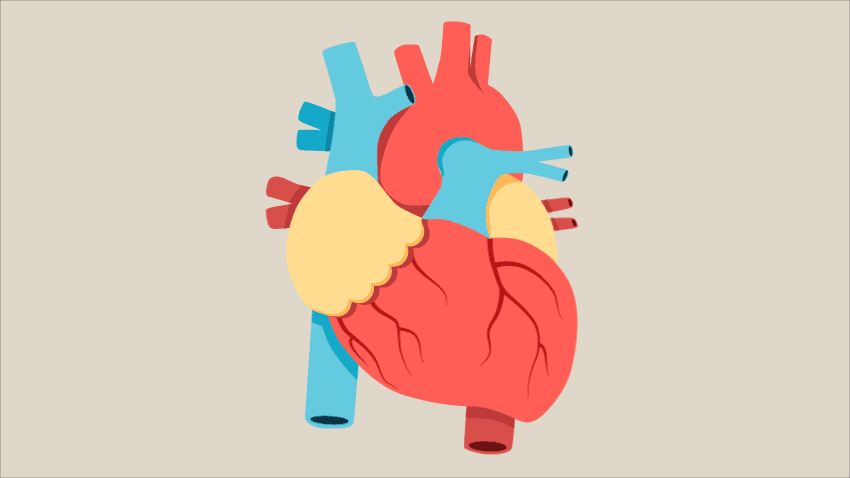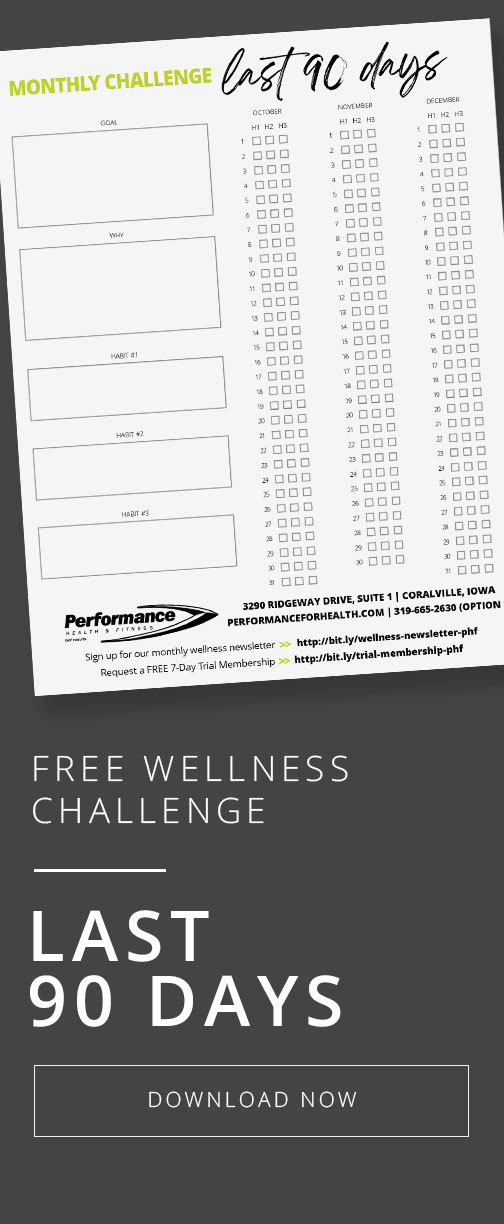February is American Heart Month!
It is important to educate ourselves on the heart, it’s function and what we can do to improve the overall function.
There is a reason that the heart is located in the middle part of our body, because it’s the most important organ for our bodies to be able to function optimally.
The heart has 4 chambers. The right side of the heart supplies blood to the pulmonary system while the left side of the heart pumps blood to the rest of the body in the circulatory system.
Image Credit: Michigan Medicine
Those are some pretty big jobs for just one organ. It’s important to make sure that our lifestyle choices are curated to properly care for our hearts. Just like everything else, our heart can show signs of dysfunction as we age.
Here are a few things to help maintain its function in our daily lives:
- Daily exercise
- Alcohol in moderation
- Getting enough sleep
- Decreasing our stress
- Staying hydrated
- Maintaining a healthy weight
- Not smoking
One way to measure our heart function is to pay attention to our blood pressure.
The top number of your blood pressure (systolic) measures the amount of pressure that it takes to pump your heart and the bottom number (diastolic) measures how much pressure that it takes in between beats while resting. If you have high blood pressure, it means that sustainable lifestyle changes need to be implemented to help decrease it. Genetic predispositions or underlying diseases can cause high blood pressure. If you have high blood pressure and have not consulted with your primary care physician, we highly recommend scheduling an appointment as soon as you are able.
Prolonged high blood pressure that goes untreated can lead to strokes, heart disease, heart attacks and other chronic illnesses. Checking your blood pressure on a regular basis can help detect an issue early, therefore increasing your life span
When joining Performance Health and Fitness, you receive a Complimentary Fitness Assessment with one of our certified coaches. This allows you to gain baseline information about your body so that we may help you implement the best, individualized fitness program. The coaches check your blood pressure and administer a cardiovascular test based on your current fitness level. This test shows how your heart responds to exercise and allows us to provide you with suggestions on how to improve it, if necessary.
If you want to maintain or improve your heart function, it’s recommended that you complete either 75 minutes of vigorous weekly activity or 150 minutes of moderate weekly activity. In order to determine how much activity you need per week it is based on the intensity of the exercise.
First, we need to calculate your age-predicted heart rate max. Your heart rate max is the highest beats per minute that your heart can function safely based on your age. To calculate this number take 220-your age and this is your age predicted heart rate max. Your moderate activity heart rate range would be calculated by taking your HRmax *.7 for the bottom number and the top number would be HRmax*.79. Anything above that would be considered vigorous activity and you should limit that type of activity. There are special outliers of this general calculation. If you are someone that is cardiovascularly fit, you may have the ability to exercise at a higher heart rate comfortably compared to others in the same age range.
Are you wanting to learn more about your heart health? Consult with your primary care physician or schedule a Fitness Assessment with one of our certified coaches to gain some baseline information.



